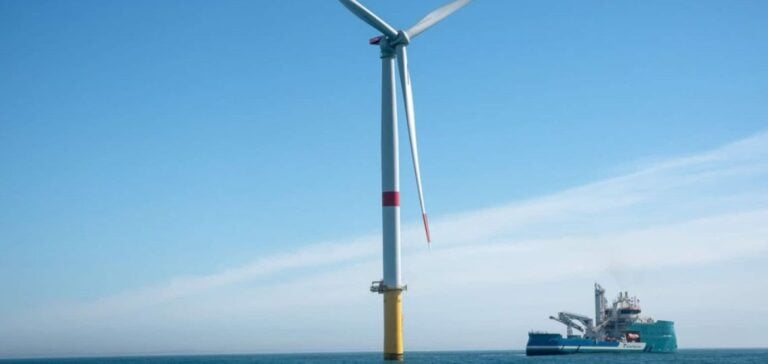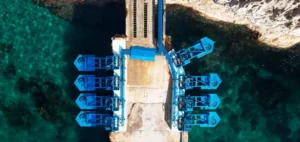Ørsted and Wavepiston have launched a strategic partnership to explore the co-location of wind and wave energy in Danish waters. This initiative aims to maximize the use of natural resources to improve energy production. Wavepiston, known for its modular wave energy systems, recently completed factory acceptance testing of its energy collectors, prior to their deployment in the Canary Islands. Ørsted is an expert in the offshore wind energy sector.
Operational benefits
The co-location of wind and wave technologies increases total energy production in the same area, offering optimized yields. This strategy also aims to stabilize the power grid by providing a more regular and reliable supply. By pooling infrastructures such as transmission lines and maintenance operations, the two companies hope to significantly reduce operating costs.
Recent advances from Wavepiston
Wavepiston has recently advanced the installation of its complete wave energy and desalination system in the Canary Islands. This installation includes energy collectors that produce pressurized seawater, which is then transported to the coast for energy conversion and desalination. This project should serve as a model for other future deployments, illustrating the efficiency and cost-effectiveness of hybrid energy systems.
Management declarations
Michael Henriksen, CEO of Wavepiston, emphasized the importance of this collaboration and the high expectations for its impact on the energy market. Wavepiston also recently secured 2 million euros through a crowdfunding campaign, strengthening its technological development capabilities and commercial activities. The collaboration between Ørsted and Wavepiston could serve as a model for future similar initiatives, strengthening Denmark’s position as a leader in energy innovation. This strategic alliance highlights the potential of co-location to maximize energy production while reducing costs.






















